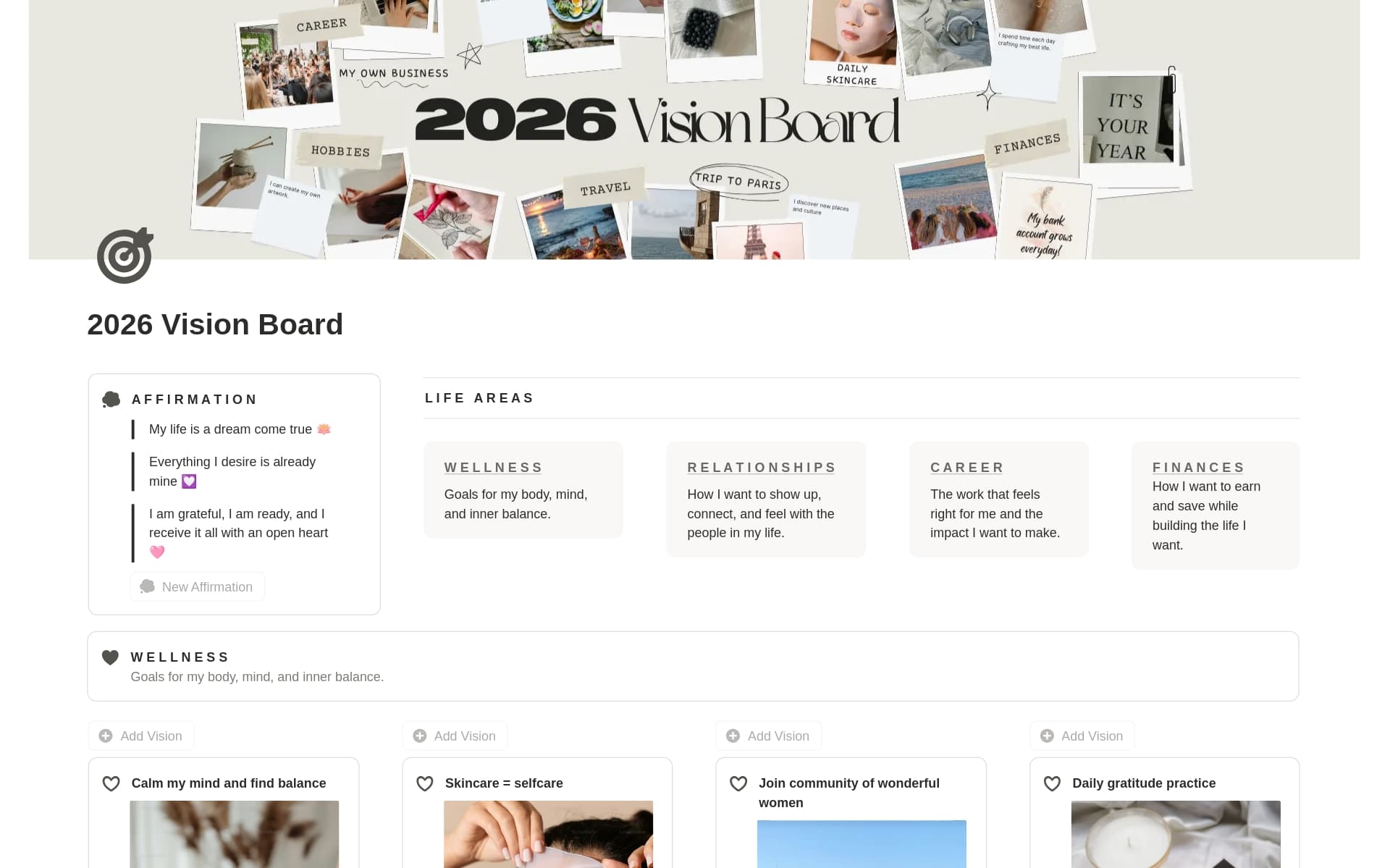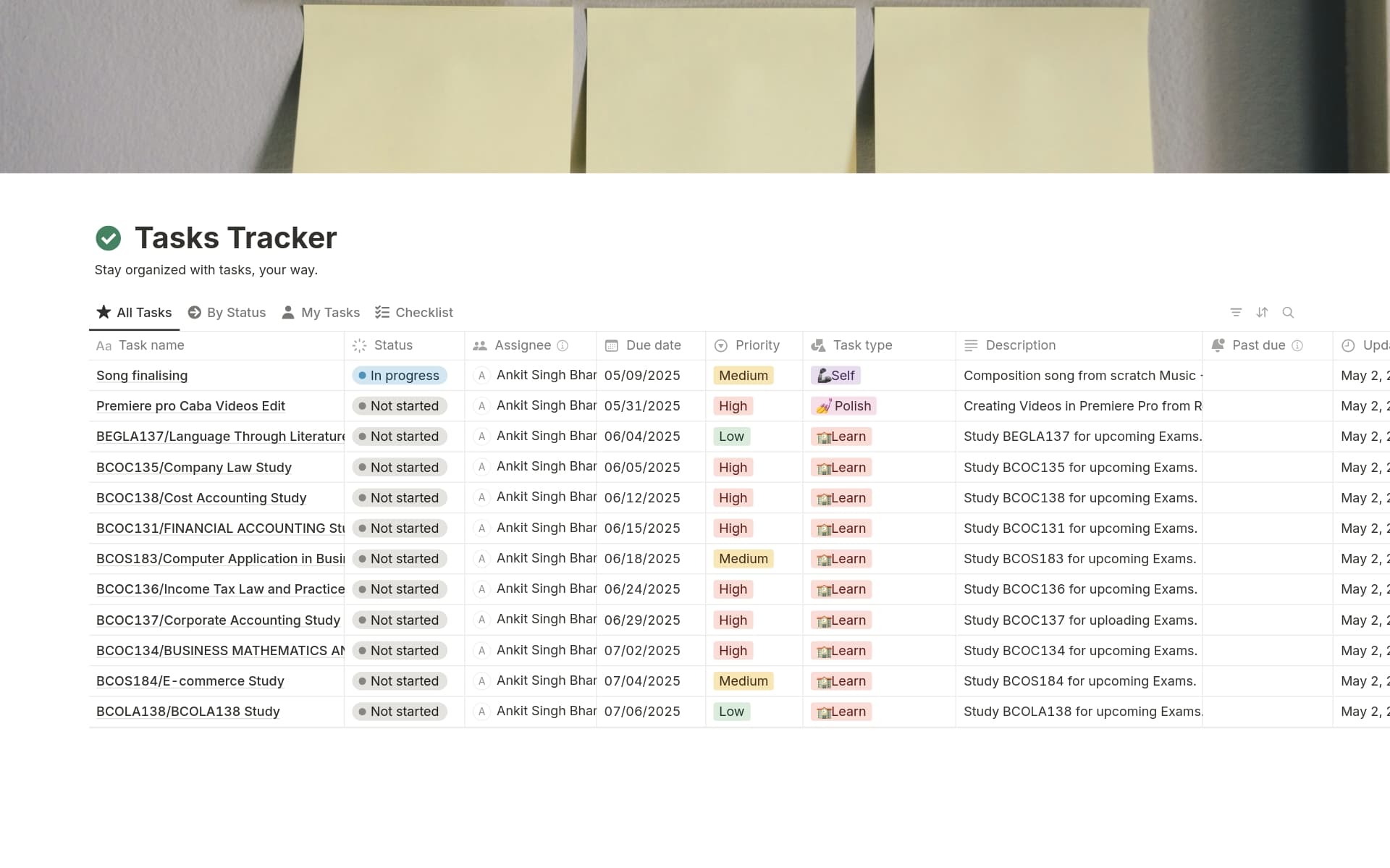Setting and tracking company goals are fundamental to guiding businesses through their growth and operational phases, ensuring all team members are aligned with the vision and mission. A Company Goals template in Notion can streamline this process, making it easier to define, access, and review these objectives systematically. Before diving into creating your own Company Goals template, exploring the following options might simplify your task and provide insights into structuring your company's aspirations effectively.
What Should Company Goals Templates Include?
Choosing the right Company Goals template can streamline your strategic planning and ensure everyone is aligned towards common objectives. Here are key components to look for in an effective template:
Clear Objective Sections: The template should have distinct areas for each major goal, making it easy to distinguish between different objectives and focus areas.
Progress Tracking Features: Look for templates that include built-in mechanisms for tracking progress, such as status indicators or timeline views, to keep everyone updated on goal achievements.
Responsibility Assignments: A good template will clearly outline who is responsible for each task, ensuring accountability and facilitating team coordination.
Review and Adjustment Capabilities: The ability to review and adjust goals is crucial. Choose a template that makes it simple to update goals as priorities shift and new challenges arise.
Selecting a template with these components will help you maintain focus, drive accountability, and adapt to changes, ensuring your company moves towards its strategic targets effectively.
What Should Company Goals Templates Avoid?
Choosing the right Company Goals template is crucial for streamlining business operations effectively. However, certain features can complicate or hinder your strategic planning process.
Overly Complex Structures: Avoid templates that include too many layers or categories. These can make the template difficult to navigate and maintain, leading to confusion and decreased productivity.
Fixed Time Frames: Steer clear of templates that rigidly define time frames for goals. Flexibility is key in adapting to unforeseen changes and opportunities in the business environment.
Generic Metrics: Templates that use overly broad or non-specific metrics can dilute the focus on key performance indicators. Choose templates that allow customization to reflect your specific business needs.
Selecting a template that avoids these pitfalls will ensure it enhances your strategic planning, rather than complicating it, thereby aligning better with your company's operational dynamics.




